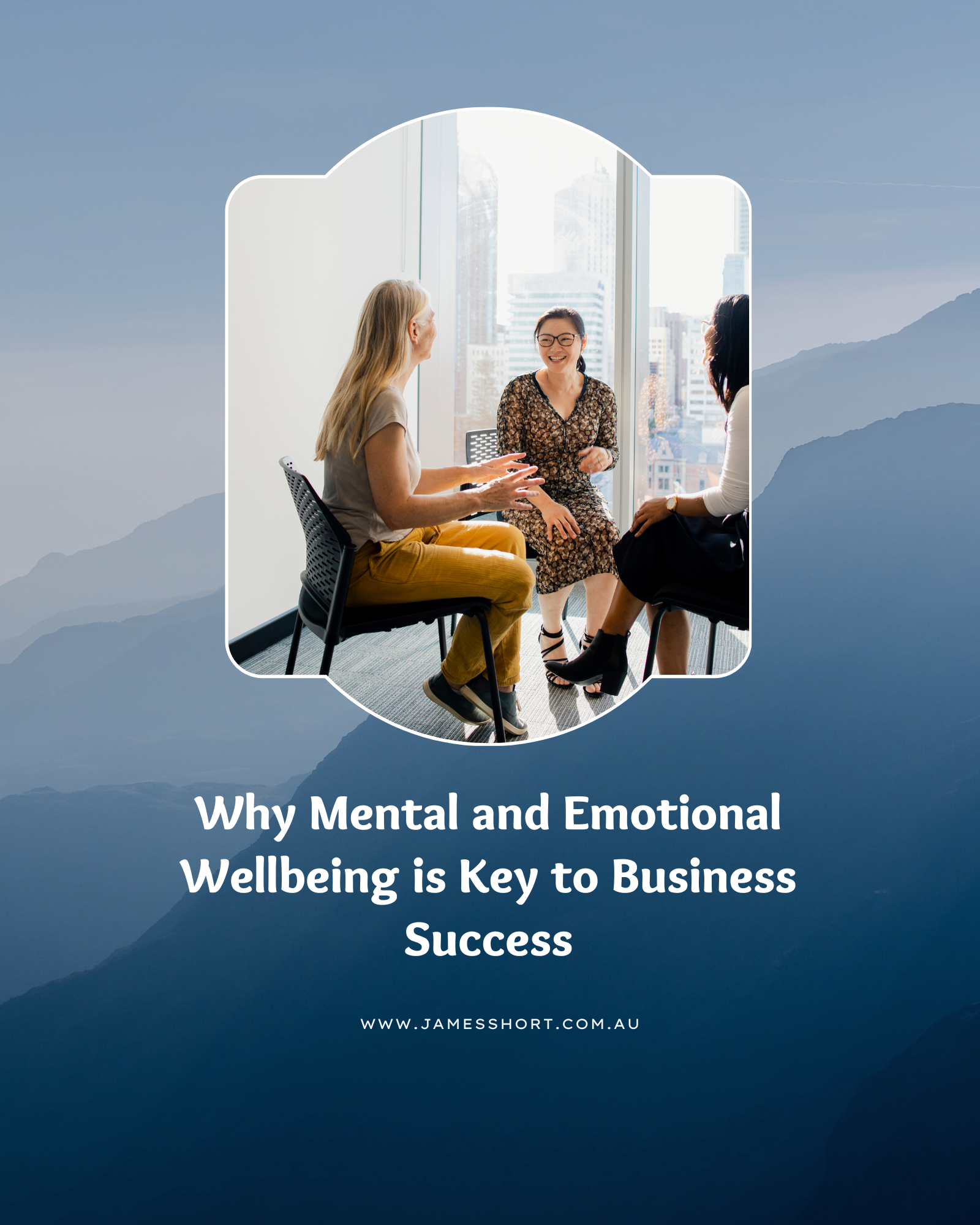
As a business owner or entrepreneur, you know how important it is to stay on top of your game. You need to have a clear vision of where you want to be in the future and a solid plan to get there.
This is where the 90-Day Planning Masterclass with Coach James Short comes in. Well, I am James Short. I am a business coach and mentor based in New South Wales, Australia. I helped countless business owners and entrepreneurs achieve success in their businesses and personal lives through his effective coaching programs.
What is the 90-Day Planning Masterclass?
The 90-Day Planning Masterclass is designed to help businesses and individuals focus on key areas that they need to work on to unlock their full potential. The masterclass emphasises the need to strike a balance between personal and business life to avoid burnout. Before diving into the planning process, I encourage you to review the first quarter’s performance in lead generation, conversion, client fulfilment, business structure, and team.
This review process includes identifying the wins, challenges, lessons learned, and changes needed in the next quarter.
What will you learn in the 90-Day Planning Masterclass?
During the 90-Day Planning Masterclass, you will learn how to conduct a comprehensive review of your business and personal life to identify areas that need improvement. I will guide you through the process of setting realistic goals and developing a solid plan to achieve them.One of the key benefits of the 90-Day Planning Masterclass is the focus on balance between personal and business life. Many entrepreneurs and business owners struggle with burnout and neglecting their personal lives. I will emphasise the importance of maintaining this balance to ensure sustainable success in both areas.The masterclass also covers the importance of effective team management and communication.
I will provide you with valuable insights and strategies for building a strong team and maintaining effective communication within your business.
What are the benefits of the 90-Day Planning Masterclass?
At the end of the 90-Day Planning Masterclass, you will have a clear vision of your goals and a solid plan to achieve them. You will also have the tools and strategies necessary to maintain a healthy balance between personal and business life.If you are ready to take your business and personal life to the next level, the 90-Day Planning Masterclass with me is the perfect program for you.
You will not only learn valuable skills and strategies but also have the opportunity to connect with other like-minded individuals and build a network of support.In conclusion, the 90-Day Planning Masterclass with Coach James Short is an invaluable program for anyone looking to unlock their full potential in both their personal and business life. With a focus on balance, effective team management, and goal setting, this program will provide you with the tools and strategies necessary to achieve sustainable success.
Watch our first 90-day planning Masterclass!



